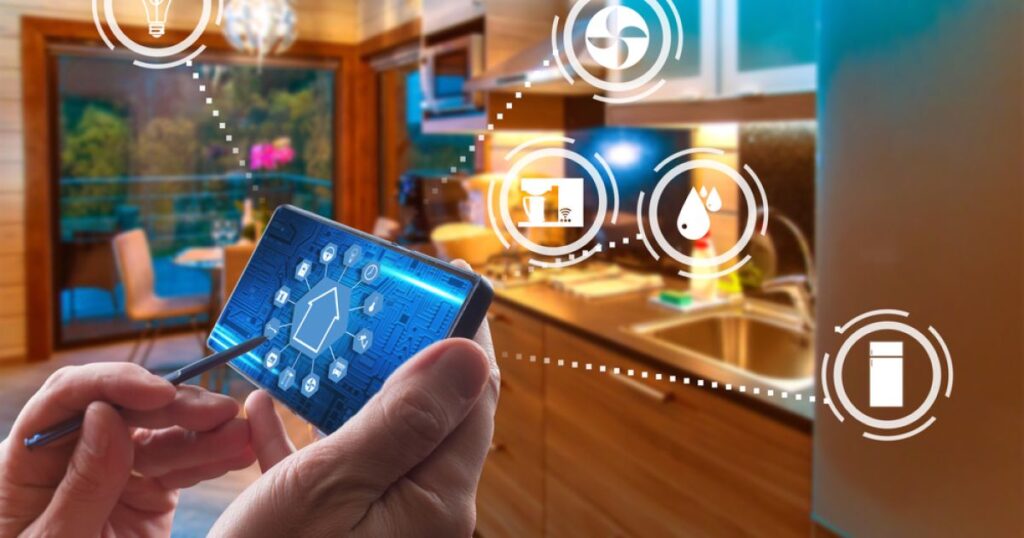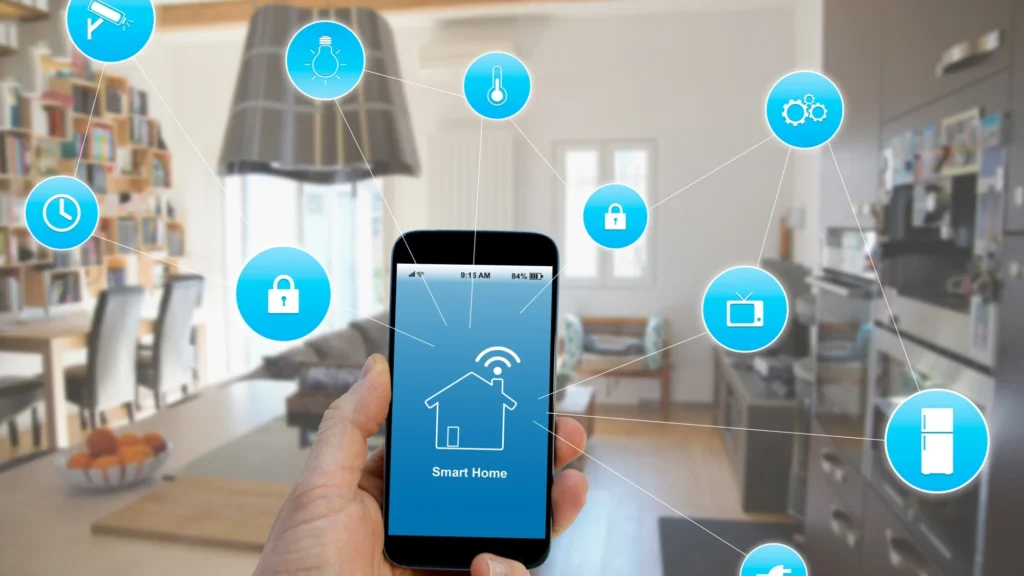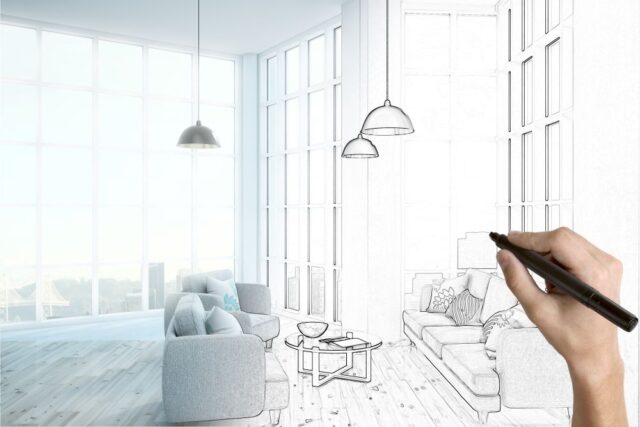Technology has transformed almost every industry, and home building is no exception. From architectural design software to smart home systems, technology is playing an integral role in how homes are envisioned, constructed, and operated. For custom home builders and their clients, new technologies offer more capabilities than ever before to create unique and efficient spaces.
Architectural Design Software
One of the biggest technological impacts on home design has been architectural software. Programs like AutoCAD and Revit allow builders and designers to create 3D models and test different layouts with a few clicks. These programs interface with other software to enable walkthroughs, solar studies, cost estimates, and more. Clients can truly visualize spaces and make informed decisions.
Using these technologies, custom home builders like Jamestown Estate Homes can experiment with more designs in less time. They can adjust floor plans based on a client’s needs and budget, allowing for a more customized process. Things like ceiling heights, paint colors, and finishings can be changed instantly to suit the homeowner. This software has opened up creativity and flexibility in the design phase.
Smart Home Technology

Another key technology shaping modern homes is automation and smart devices. From smart thermostats like Nest to voice assistants like Alexa, homes are getting smarter. These devices connect over home Wi-Fi systems to give homeowners personalized control.
Using a smartphone, the custom features of a smart home can be accessed remotely. Lights, locks, appliances and more can be scheduled or activated on-demand. Sensor tracking also enables notifications if doors are left unlocked or pipes leak. Smart hubs even allow third-party devices to interconnect.
For homeowners, it provides security, efficiency and convenience all customized to their lifestyle. The custom home builder can integrate these technologies into their designs to create a coherent, connected home. With everything from lighting scenes to security protocols programmed, homeowners have an intuitive and automated space.
Sustainable Building Practices
Home technology isn’t just about convenience, though; it’s also enabling more sustainable construction. From low-flow faucets to high-efficiency HVAC systems, homes can now dramatically reduce environmental impact.
Solar panels and battery systems allow renewable energy storage and use. Smart sprinkler controllers track weather and soil conditions to minimize water waste. Triple-glazed windows, strategic overhangs, and spray foam insulation minimize heat transfer. Custom home builders can now use these technologies to create net-zero or even energy positive spaces.
Homeowners can track systems like these through smart hubs and apps. They can view energy usage, receive alerts for leaks or faults, and modify settings for further optimization. Technology gives more visibility and control over sustainable features for reduced costs and environmental footprint.
Future Home Technologies

The role of technology in the modern home is still evolving. Engineers and builders continue innovating and integrating new systems into home design. A few emerging technologies that may shape future homes include:
- Voice-controlled appliances and features will become more advanced through AIs like Alexa or Google Home. Nearly any appliance could be activated via voice command for added simplicity.
- Mixed reality and ambient computing using devices like AR glasses may overlay digital information onto the physical home. This could enable new modes of interaction and environmental control through motion, voice and thought.
- Robotics including cleaning robots, security robots and delivery robots would further automate home operation and logistics. Home robots could handle household duties, property monitoring and package deliveries.
Conclusion
Technology has transformed home building and design in just about every way imaginable. Architecture software allows for customized designs while smart home technology enables convenience, efficiency and sustainability. For the modern homeowner and custom home builder, it unlocks new creative possibilities. Technology will only continue revolutionizing our homes in the years to come.



